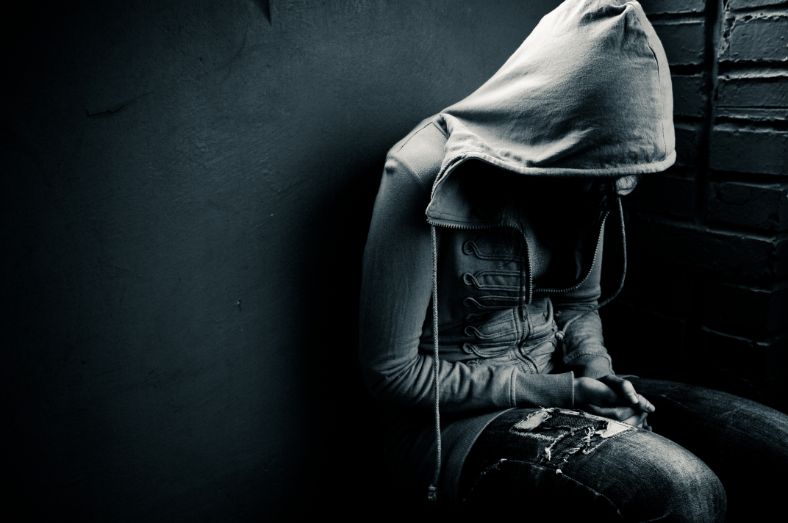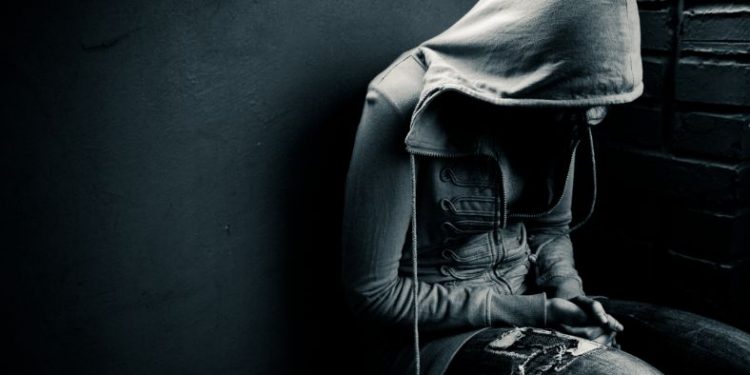Psychotic depression is a type of mental health disorder that affects people in a variety of ways. It is a very serious illness that can have life-threatening consequences. However, it is treatable and can be recovered if you seek help. If you think you or a loved one is suffering from psychotic depression, you should contact a medical professional immediately.
There are several types of treatment for psychotic depression. Some of these treatments are cognitive behavioural therapy, which teaches people to recognize and challenge negative beliefs about themselves. In addition, there are medications, such as antidepressants and selective serotonin reuptake inhibitors. These medicines work by helping to balance neurotransmitters in the brain.
Electroconvulsive therapy (ECT) is a form of treatment that is used to relieve symptoms of psychotic depression. This type of treatment was traditionally only available on an inpatient basis, but has become more common on an outpatient basis. The patient is put under general anesthesia and electrodes are placed on the scalp. When the current is applied, it causes small seizures. ECT is often very effective and can provide quick relief.
ECT is also used in cases where traditional antidepressants and other medications are ineffective. ECT is also very effective in treating severe symptoms, but it can have some side effects. One of the most commonly reported side effects is short-term memory loss. Memory loss usually settles down with time, but it may occur more frequently as the medication or therapy progresses.

While there are some symptoms of psychotic depression, the most important symptom is hallucinations. Hallucinations are when you see things or hear voices that aren’t real. During a psychotic episode, you may hear voices telling you that you are a failure or that no one cares about you. Other symptoms include changes in appetite, sleep, thinking, and behavioural patterns.
During a psychotic episode, you might attempt to hurt yourself or others. You might also have thoughts of suicide. Call the National Suicide Prevention Lifeline if you have suicidal thoughts.
Managing the symptoms of psychotic depression can be difficult. Although medication and therapy can help, it’s a good idea to get some help and support in order to stay strong and safe. Getting plenty of sleep, eating a healthy diet, and engaging in positive activities can help. Keeping a diary can also help you to track your symptoms. Practicing mindfulness and relaxation exercises can also help.
Another symptom of psychotic depression is anhedonia, which is when you don’t experience any pleasure in pleasurable activities. In addition, you might neglect your appearance or spend a lot of time alone. Your mind can be numb and you might even get angry without any apparent reason.
If you’re looking for ways to treat and prevent psychotic depression, you might want to speak with your GP. He or she can evaluate your symptoms and recommend the best course of action for you. A referral to a mental health specialist might also be necessary.









